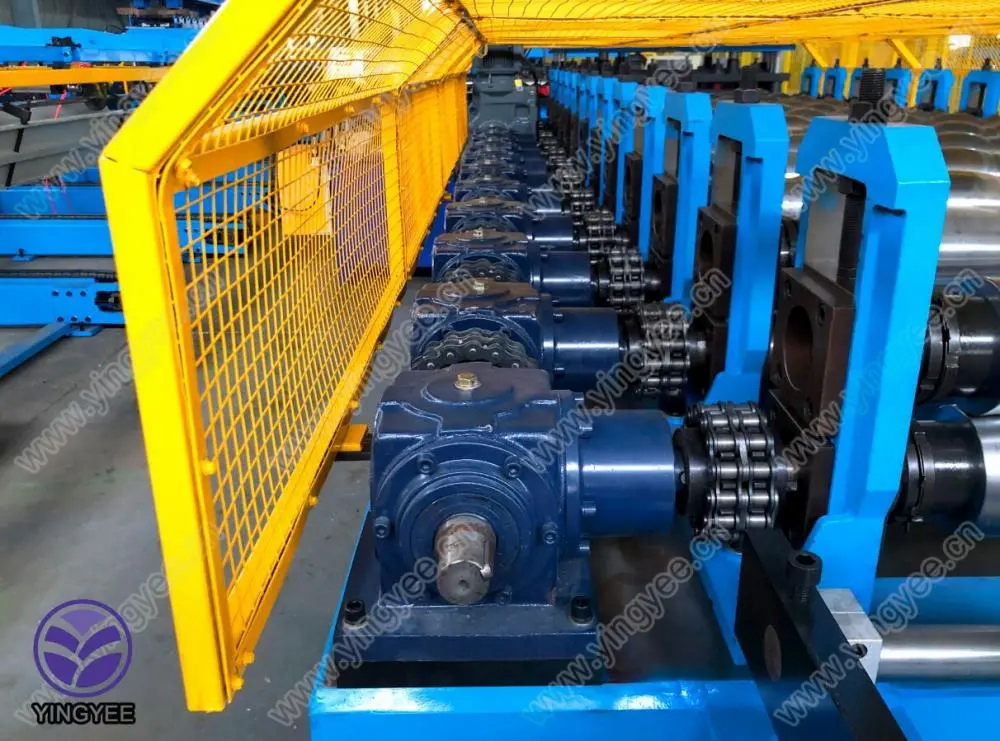
The Importance of Downpipe Machines in Modern Manufacturing
In the ever-evolving landscape of manufacturing, efficiency and precision are paramount. Industries that rely on the creation of downpipes—these critical components in plumbing and drainage systems—have seen a significant transformation with the advent of specialized machinery. Downpipe machines play a crucial role in the production of high-quality downpipes, contributing to both the speed and accuracy required for modern construction projects.
What is a Downpipe Machine?
A downpipe machine is a specialized tool or equipment designed to fabricate downpipes from various materials, including metal, plastic, or PVC. Downpipes are vertical pipes that direct rainwater and other fluids away from the roof of a building, preventing water damage and maintaining the structural integrity of the property. The downpipe machine automates the process of cutting, bending, and shaping these components, thereby streamlining production and reducing labor costs.
Efficiency in Manufacturing
One of the most significant advantages of employing downpipe machines is the enhanced efficiency they bring to the manufacturing process. Traditionally, downpipe production often required manual labor, which was not only time-consuming but also prone to human error. By automating these processes, downpipe machines can produce parts quickly and consistently. This increase in production speed allows manufacturers to meet higher demand without sacrificing quality.
Moreover, modern downpipe machines are equipped with advanced technology that enables them to work with various materials and specifications
. Cutting-edge features such as programmable logic controllers (PLCs) and computer numerical control (CNC) systems allow for precise adjustments to be made easily. As a result, manufacturers can produce downpipes of various sizes and shapes tailored to specific project requirements, thereby contributing to a more customized service for clients.Quality Control and Precision

Another critical benefit offered by downpipe machines is the elevation of quality control standards in production. Automated processes minimize the risks associated with human error, leading to more consistent product quality. Many machines come equipped with sensors and quality assurance mechanisms that monitor the production process in real-time, ensuring that every downpipe meets the required specifications.
With enhanced quality control in place, manufacturers can build trust with their clients by delivering products that not only meet but often exceed industry standards. The importance of quality in downpipes cannot be overstated; improperly manufactured downpipes can lead to leaks, water damage, and costly repairs. Thus, the role of downpipe machines in ensuring high-quality production cannot be overlooked.
Cost-Effectiveness
While the initial investment in downpipe machines may be significant, the long-term cost savings can be substantial. By increasing production efficiency and reducing labor costs, manufacturers can achieve a quicker return on investment. Furthermore, the precision offered by these machines minimizes material waste, allowing companies to optimize their resource management and reduce overall operational expenses.
In addition to direct cost savings, the ability to produce parts faster and with greater accuracy can enable businesses to take on larger projects or more clients, ultimately leading to increased revenue. This adaptability is particularly crucial in today’s competitive market, where agility and responsiveness to client needs can set a company apart.
Conclusion
In conclusion, downpipe machines have become an invaluable asset in the manufacturing industry, particularly for businesses involved in plumbing and drainage solutions. Their ability to enhance efficiency, improve quality control, and reduce costs makes them an essential part of modern production lines. As technology continues to advance, we can expect further innovations in downpipe machinery, ensuring that manufacturers are well-equipped to meet the challenges of the future. For companies dedicated to delivering high-quality downpipes while maintaining competitive pricing, investing in downpipe machines is not just beneficial—it's imperative for long-term success.